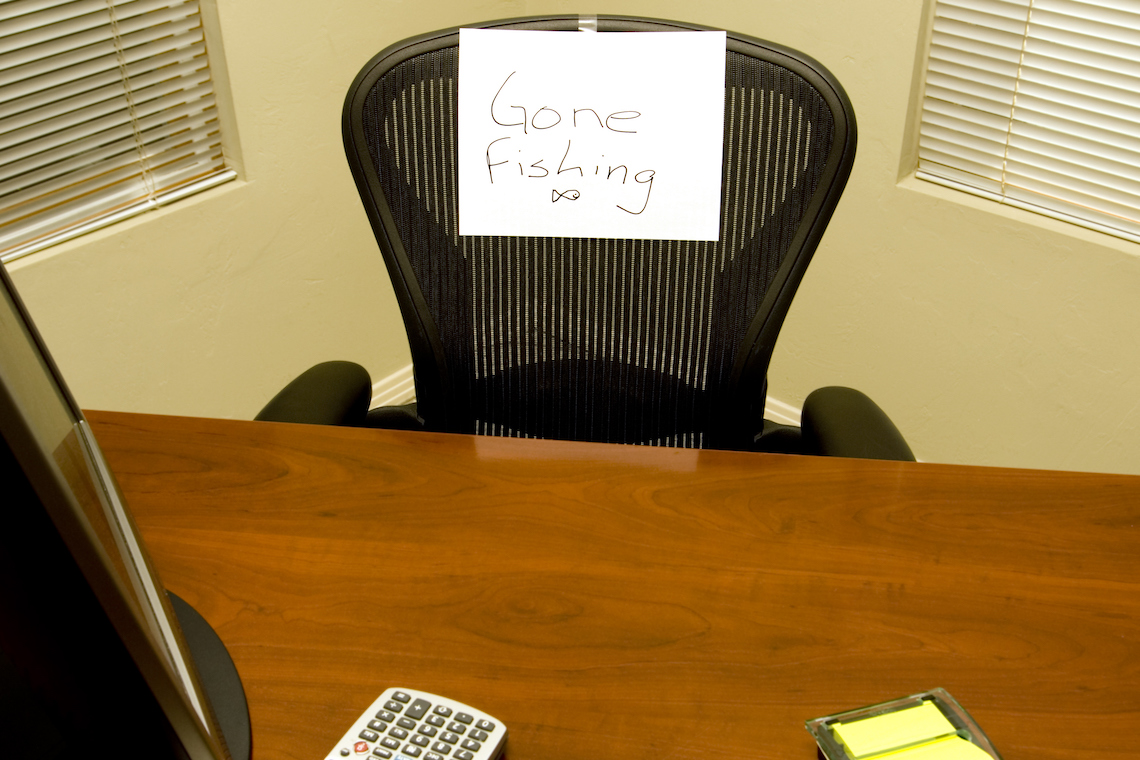This is a pivotal question and one that is integral to the success of WHS management, as an organisation’s SMS should not rely on any one person to function.
Perhaps the biggest take-away point from the last couple of the years of the COVID pandemic is that an organisation’s ability to function, and to function safely, must not be solely based on key managers or key support staff (or even the WHS Team!) – a back-up or contingency process is needed for every role.
What happens when the Site Manager is not there?
With all due respect to an organisation’s individual managers (and, yes, it is acknowledged that they have legislative responsibility, budgetary responsibility and a responsibility to make the tough decisions) … but the System should be more important than any manager’s role. The management system should provide the insight and the direction so that any manager or supervisor could step up, understand the requirements, and implement the actions accordingly. The management system should present a logical and rationalised view of the legislative requirements into a framework of what needs to be done and by when. It should be accessible and available and most importantly, able to be used.
Over the last couple of years (since COVID) we have heard many clients preferring to reschedule audits / gap analyses / reviews so that the Site Manager would be able to be present. While having concern for the involvement of all relevant people is great, absence of a single person should not be a reason to re-schedule activities that are used to assess the effectiveness of the SMS. We would assert that audits / gap analyses / reviews should not be delayed due to key management’s absences / leave, as these processes provide a real opportunity to pressure test the management system processes when a relief or back-up manager is in charge.
What happens when the Safety Manager is not available?
The same applies to the Safety Manager’s role. They need leave periods etc., so who is backing them up at those time? Reliance (or over-reliance) on specific personnel to manage safety is a recipe for inaction (or delayed action) in managing safety.
Just consider, for a moment, what happens during an emergency incident… do we ‘reschedule’ these to days when the Site Manager is available? No, we prepare for them knowing that that they can occur at any time. Well, essentially the overall operation of the safety management system is the same… the 2IC, back-up and relief personnel need to be in a position to pick things up and run.
If your organisation is not feeling collectively confident that the system will work in managing safety issues in the absence of a key manager, then perhaps this is something that needs to be considered as a key organisational risk and actioned accordingly.
Please contact QRMC for information or assistance.









